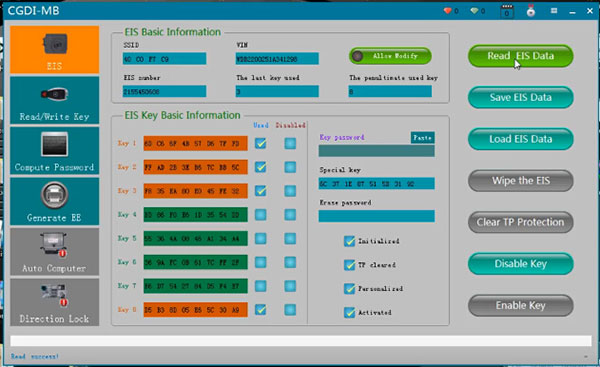

The file contains a message from the attackers demanding payment to restore access to the encrypted files.įortunately, there is a free Emsisoft decryptor that can decrypt Jywd-encrypted files. Each encrypted file is renamed with the “.Jywd” extension, and the virus places a file called “_readme.txt” in every directory with encrypted files. Jywd uses a strong encryption algorithm to encrypt files, and it skips some files, including those located in Windows system directories and those with specific extensions or names. If the virus cannot connect to its command server, it uses a fixed encryption key. If a connection is established, Jywd sends information about the infected computer to the server and receives an encryption key in return. The malware then collects information about the victim’s computer and attempts to establish a connection with its command server. When Jywd is executed, it creates a folder in the Windows system directory and changes some settings so that it starts up every time the computer is restarted. Criminals often trick victims into downloading and running the ransomware by disguising it as freeware, cracks, activators, or key generators. The malware encrypts files on a victim’s computer and then demands payment to restore access to the encrypted files. Jywd is a type of ransomware that targets Microsoft Windows users.

Screenshot of files encrypted by Jywd virus (‘.Jywd’ file extension): Therefore, it is essential to take this threat seriously and be cautious to prevent severe consequences. Jywd is a significant threat to personal or business data and can cause serious damage to it.

The message in the file asks the victim to pay up. Jywd marks the encrypted files with the “.Jywd” extension and creates a file called “_readme.txt” in each folder with encrypted files. The attackers then demand payment from the victim to provide the key to decrypt the files.

Jywd is a type of harmful software that locks a victim’s data using advanced techniques.


 0 kommentar(er)
0 kommentar(er)
